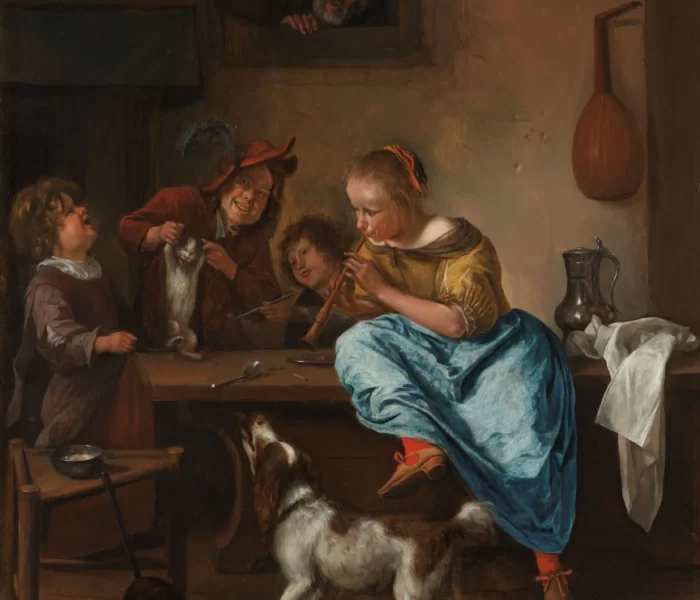In this article you will read about:
The other measured humor styles are Self-enhancing humor, Aggressive humor and Self-defeating humor.
Affiliative Humor is a way of amusing others to facilitate relationships. It is positive and inclusive. Think Ellen Degeneres. In the workplace, it includes: team building activities, applied improv training, and dance parties.
What is Affiliative humor?
Affiliative humor is defined as the style of humor used to enhance one’s relationships with others in a benevolent, positive manner.
This style of humor is typically used in a benevolent, self-accepting way.
Individuals high in this dimension often use humor as a way to charm and amuse others, ease tension among others, and improve relationships. They are often spontaneous in their joke telling, frequently participate in witty banter, and enjoy laughing with others.
Affiliative humor is similar to self-defeating humor because both styles of humor enhance relationships with others. However, unlike self-defeating humor, affiliative humor is not used at one’s own expense.
4 major humor styles |
He who laughs, lasts.
Mary Pettibone Poole Tweet
Affiliative humor associations
Affiliative Humor Book Recommendations
Click on the icon to see all your thoughts in the Dashboard.
Your Thoughts about Affiliative humor
It’s highly recommended that you jot down any ideas or reflections that come to mind regarding Affiliative humor, including related behaviours, emotions, situations, or other associations you may make. This way, you can refer back to them on your Dashboard or Reflect pop-ups, compare them with your current behaviours, and make any necessary adjustments to keep evolving. Learn more about this feature and how it can benefit you.
References
- Martin, Rod A.; Lefcourt, Herbert M. (1984).“Situational Humor Response Questionnaire: Quantitative measure of sense of humor”.
- Martin, Rod A. (1996). “The Situational Humor Response Questionnaire (SHRQ) and Coping Humor Scale (CHS): A decade of research findings”. Humor – International Journal of Humor Research. 9 (3–4): 251–272.
- Ruch, Willibald; Heintz, Sonja (2016-08-19). “The German Version of the Humor Styles Questionnaire: Psychometric Properties and Overlap With Other Styles of Humor”. Europe’s Journal of Psychology. 12 (3): 434–455. doi:10.5964/ejop.v12i3.1116. ISSN 1841-0413. PMC 4991050. PMID 27547259.
- Frewen, Paul; Jaylene Brinker; Rod Martin; David Dozois (2008). “Humor styles and personality-vulnerability to depression”. Humor. 21 (2): 179–195. doi:10.1515/humor.2008.009. S2CID 143436723.




